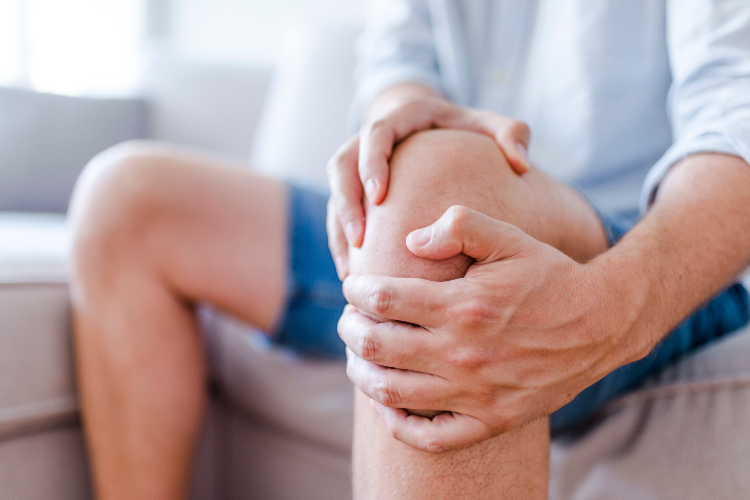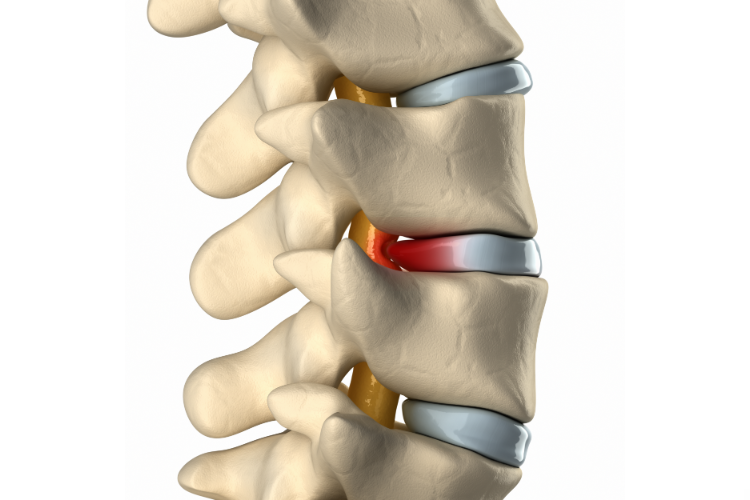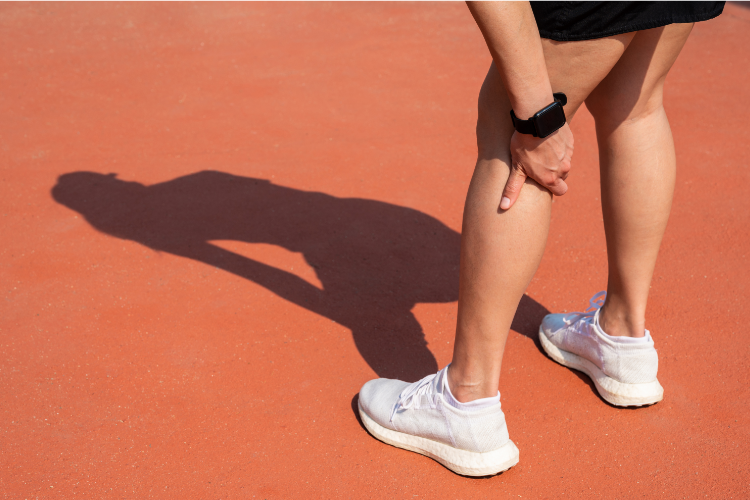Hello! If knee pain has been giving you trouble, making simple activities like walking or climbing stairs feel like an ordeal, you’re certainly not alone. Knee pain is a common complaint that can stem from a variety of causes, each requiring its own approach to management and relief.
With expert insights from Dr. Lisa Olszewski at Precision Spinal Care in Chelsea, MI, let’s delve into the world of knee pain—understanding its causes, exploring symptoms, and discovering effective treatment options that could help you step back into comfort.
Decoding Knee Pain: Causes and Contributors
Knee pain can arise from several different scenarios, ranging from acute injuries to chronic conditions:
1. Injuries:
Common in athletes and active individuals, injuries such as ligament tears (ACL, MCL), meniscus tears, or tendonitis can cause intense and immediate knee pain.
2. Wear and Tear:
Osteoarthritis is a frequent culprit in older adults, where the knee’s cartilage gradually wears down, leading to pain during joint movement.
3. Overuse:
Repeated stress on the knee from activities like jogging, squatting, or jumping can lead to overuse injuries, causing pain and inflammation.
4. Misalignment Issues:
Sometimes, issues in the alignment of the spine or hips can indirectly influence knee health, leading to compensatory pain in the knees.
Symptoms to Watch For

Knee pain manifests in various forms, and recognizing these can help in diagnosing the underlying issue:
- Swelling and Stiffness
- Redness and Warmth to the Touch
- Weakness or Instability
- Popping or Crunching Noises
- Inability to Fully Straighten the Knee
Awareness of these symptoms can prompt timely interventions, which are crucial for effective treatment.
Navigating Treatment Options
Addressing knee pain effectively often involves a combination of strategies:
1. Medical Interventions:
- Medications: NSAIDs or other pain relievers can reduce inflammation and pain.
- Injections: Corticosteroid or hyaluronic acid injections might be used to manage severe pain and lubricate the knee.
2. Physical Therapy:
Strengthening the muscles around the knee can stabilize the joint and alleviate pain.
3. Alternative Therapies:
- Upper Cervical Chiropractic Care: While it might seem unrelated, aligning the spine can impact overall posture and joint function, potentially easing knee pain.
- Acupuncture and Massage: These can help in reducing pain and improving circulation.
4. Lifestyle Adjustments:
- Exercise: Engaging in low-impact activities can strengthen the joint without overstressing it.
- Diet: Incorporating anti-inflammatory foods helps reduce symptoms.
- Weight Management: Less weight means less stress on your knees.
Precision Spinal Care: Your Guide to Knee Health
Dr. Lisa Olszewski and her team at Precision Spinal Care in Chelsea, MI, specialize in providing comprehensive care that addresses not just the symptoms but the root causes of knee pain. Serving the communities of Dexter, Grass Lake, Ann Arbor, and beyond, they are committed to helping you achieve optimal joint health.
If knee pain is hindering your mobility and quality of life, reach out to Precision Spinal Care. Discover how a tailored blend of chiropractic adjustments, lifestyle modifications, and specialized therapies can restore your knee health and help you enjoy a more active, pain-free life.




